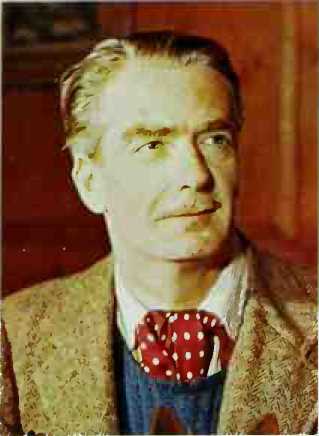We may now quote the resolutions adopted by Churchill, Roosevelt, and Stalin and drawn up by Eden, Stettinius, and Molotov. We shall limit our comments to the resolutions on Poland, Germany, and the Far East.
(a) The reorganisation of Poland
Stalin conceded to the Allies that the Soviet-Polish frontier could in places run three and even five miles to the east of the Curzon Line, which he claimed had been originated by Clemenceau, although neither the British nor the Americans pointed out this obvious historical error. The Oder and the Neisse were to constitute the western frontier of the new Poland. But although, at Teheran, they had agreed on the eastern Neisse (which runs through the town of Neisse), as is clear from a question from Churchill concerning the allocation of the upper Silesian industrial basin, Stalin and Molotov claimed they had been referring to the western Neisse, which meets the Oder near the town of Guben.
Churchill pointed out in vain that this additional modification of the German-Polish frontier would entail the further expulsion of eightmillion Germans. Stalin replied that the matter was now settled, as the province’s inhabitants had fled from the Soviet advance, which was only half true, and they then went on to consider the agenda.
As regards Poland’s political reorganisation, we must refer to Point 7 of the protocol recorded on February 11 by the foreign ministers of the Big Three. Taking into consideration the Red Army’s complete "liberation” of Poland, it stated:
"The provisional government actually operating in Poland must in the future be reorganised on a larger democratic base, to include the popular leaders actually in Poland and those abroad. This new government is to be called the Polish Government of National Unity.
"Mr. Molotov, Mr. Harriman, and Sir A. Clark Kerr are authorised to form a commission to consult initially the members of the Provisional Polish Government, as well as other Polish leaders (both in Poland and abroad), with a view to tne reorganisation of the actual government along the lines set out below. The Polish Government of National Unity must set about organising free and open elections as soon as possible, on the basis of a universal franchise and a secret ballot. All democratic and anti-Nazi parties will have the right to take part and put up candidates.”
It can be seen that there is a great difference between this tripartite declaration and Stalin’s statement to Roosevelt on May 4,1943: "As regards the Hitlerites’ rumours on the possibility that a new Polish government will be formed in the U. S.S. R., it is scarcely necessary to give the lie to these ravings.”
The two Western powers did not expressly recognise the government formed from the Lublin Committee, but they took note of its existence, and the men who were to give it the character of national unity provided for by the protocol gathered round it and not round the legal government in London. No one stated how many of these men were to come from London and how many from Lublin; but this question was to be examined by a commission and Molotov, who was to be at its centre, would have much greater authority than the British and American Ambassadors in Moscow. Yalta, therefore, consummated Churchill’s failure to preserve Polish independence and democracy and Stalin’s success in making Poland a Communist satellite.
(b) Germany’s fate
In order to snatch these concessions from his allies, in exchange for a more vague promise of "free and open elections on the basis of a universal franchise and a secret ballot”, Stalin put forward the argument that in the event of a German revival the Soviet Union’s security demanded the existence of an independent and friendly Poland. In this respect, it is odd to note that neither Churchill nor Roosevelt thought of pointing out to Stalin that the arrangements they had just decided on for the treatment of Germany eliminated any danger of aggression on her part for centuries to come.
Apart from the Oder-Neisse frontier which was to be imposed on Germany, Point 3 of the Yalta protocol is absolutely clear in this respect. Churchill and Eden with some difficulty secured France’s right to take part in the occupation of Germany and to send delegates to sit on the Allied Control Commission charged with administering the defeated power.





 World History
World History

![The General Who Never Lost a Battle [History of the Second World War 29]](/uploads/posts/2015-05/1432581983_1425486253_part-29.jpeg)







